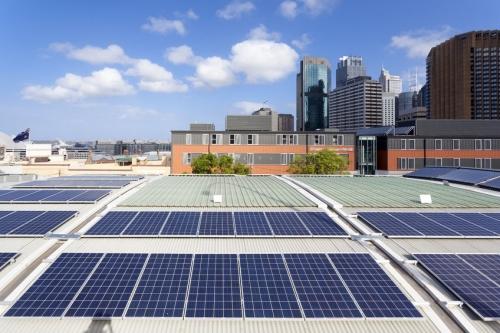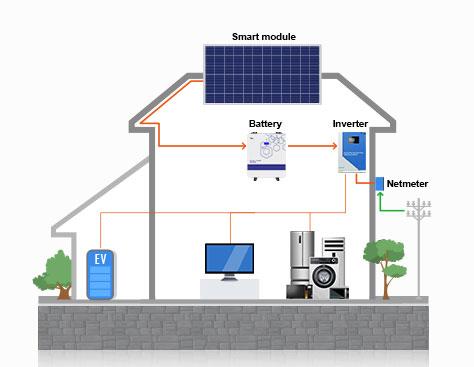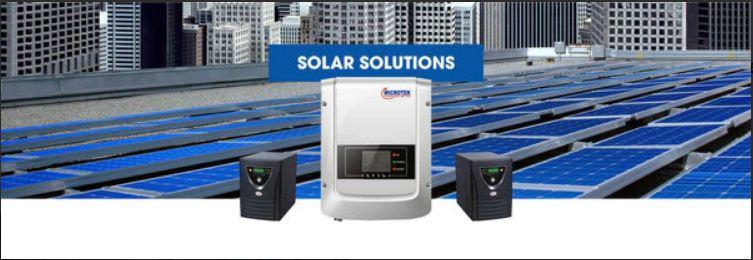Description
Product details
Industrial solar systems refer to solar power installations designed to meet the energy needs of industrial facilities, which often have higher energy demands compared to commercial or residential properties. These systems are typically larger and more complex, addressing the specific energy requirements of industrial operations. Here are key components and considerations for industrial solar systems: Solar Panels: Industrial solar systems utilize a significant number of solar panels to capture sunlight and convert it into electricity. The selection of panels depends on the energy needs and available space within the industrial facility. Inverter System: Like commercial systems, industrial solar installations incorporate inverters or inverter systems to convert the DC electricity generated by solar panels into AC electricity suitable for use in industrial processes. Mounting Structures: Depending on available space, industrial solar panels may be installed on rooftops, ground-mounted structures, or on elevated structures designed specifically for solar installations. Tracking Systems (Optional): In some cases, industrial solar systems use tracking systems that follow the sun's path throughout the day, optimizing sunlight exposure and increasing energy production. Energy Storage (Optional): Industrial facilities may choose to integrate energy storage solutions, such as large-scale battery systems, to store excess energy for use during periods of low sunlight or as a backup power source. Power Conditioning Equipment: Industrial solar installations may require additional power conditioning equipment to meet the specific voltage and frequency requirements of the industrial processes they support. Grid Connection: Many industrial solar systems are connected to the electric grid, allowing facilities to draw power from the grid during periods of low solar production and feed excess energy back into the grid during peak production. Advanced Monitoring and Control Systems: Industrial solar installations often incorporate advanced monitoring and control systems to ensure efficient operation, detect faults or inefficiencies, and optimize energy production. Customized Engineering Solutions: Due to the unique energy demands of industrial operations, the design and engineering of industrial solar systems often require customization to integrate seamlessly with existing infrastructure and processes. Regulatory Compliance: Like commercial installations, industrial solar projects must comply with local regulations, zoning laws, and building codes. Obtaining necessary permits and approvals is a critical step in the planning and implementation process. Maintenance Plans: Industrial solar systems require regular maintenance to ensure optimal performance. Maintenance plans may include routine inspections, cleaning, and addressing any issues that may arise. Economic Viability Studies: Industrial solar projects typically undergo detailed economic viability studies to assess the return on investment and determine the long-term cost savings and benefits. Implementing an industrial solar system requires careful planning, engineering expertise, and consideration of the unique energy demands of industrial operations. Consulting with solar energy professionals, engineers, and specialists in industrial processes is common for the successful design and deployment of large-scale industrial solar installations.





